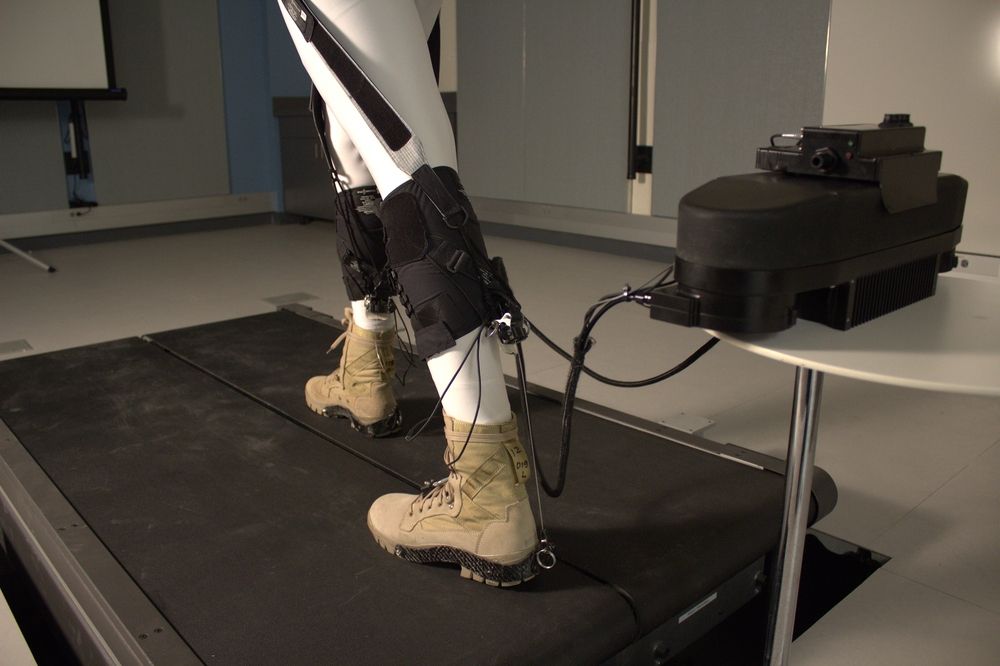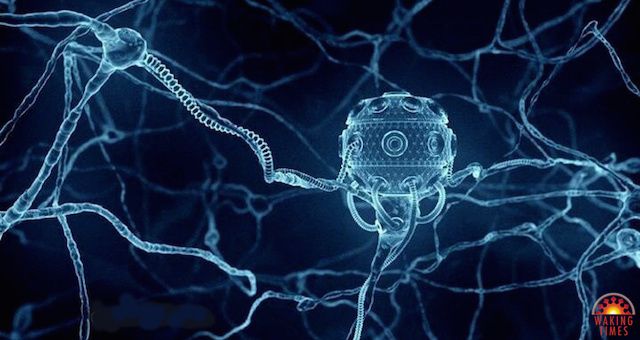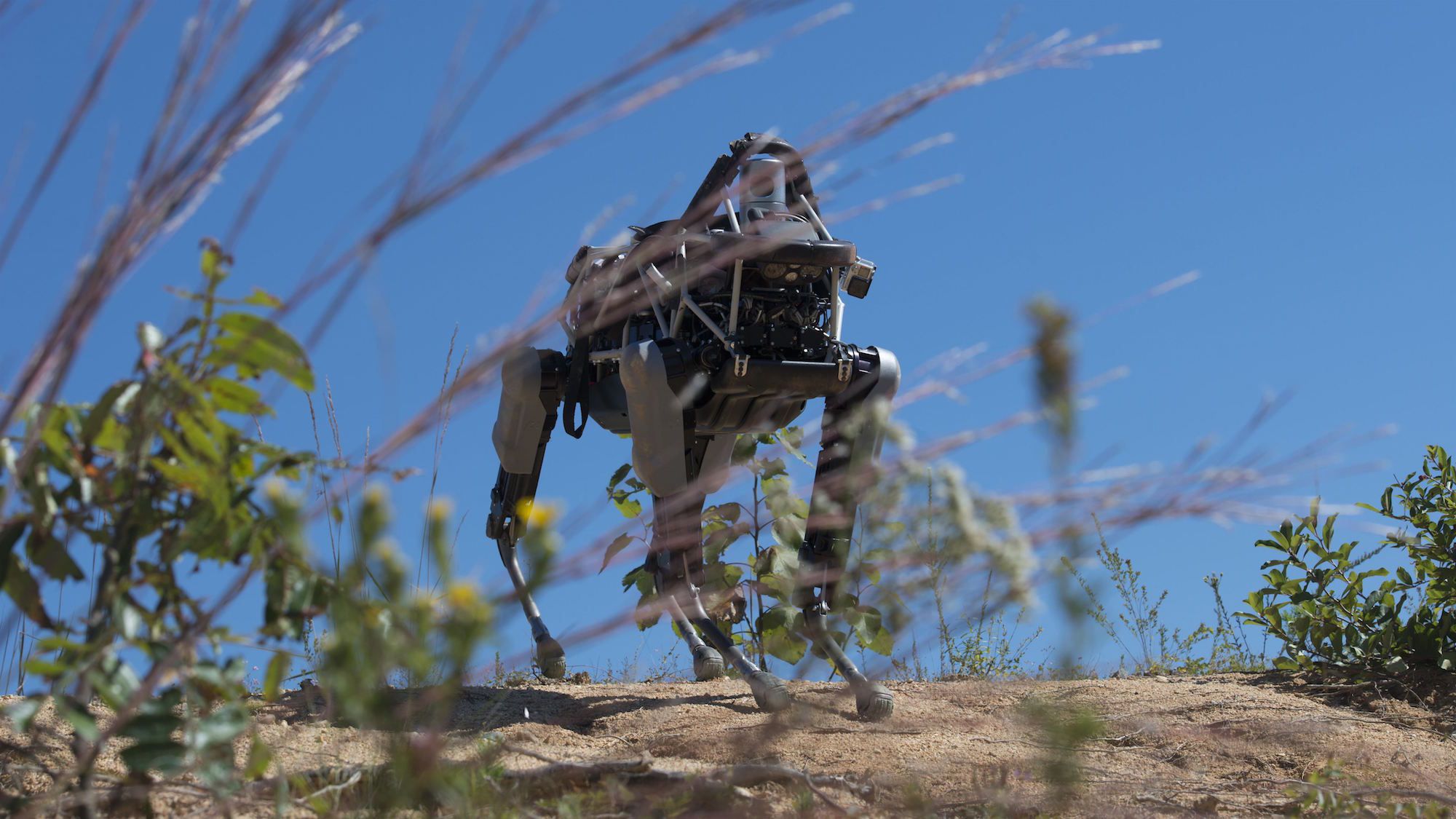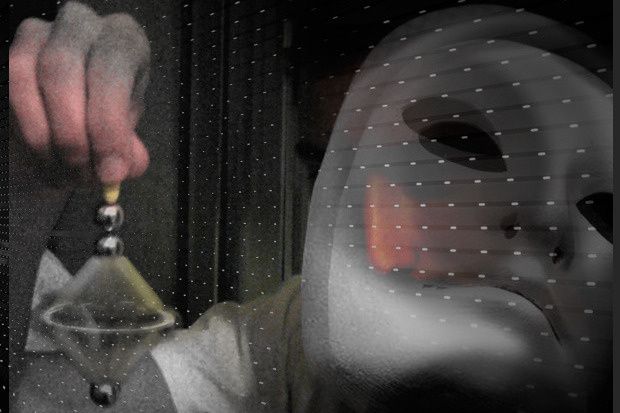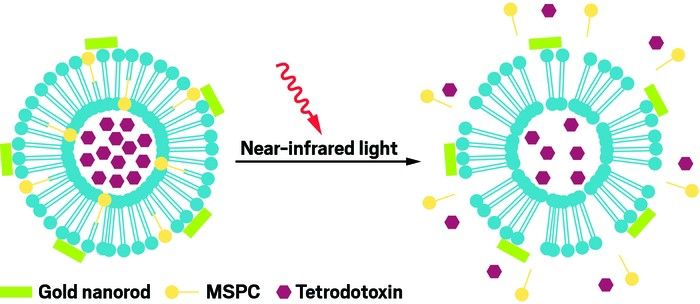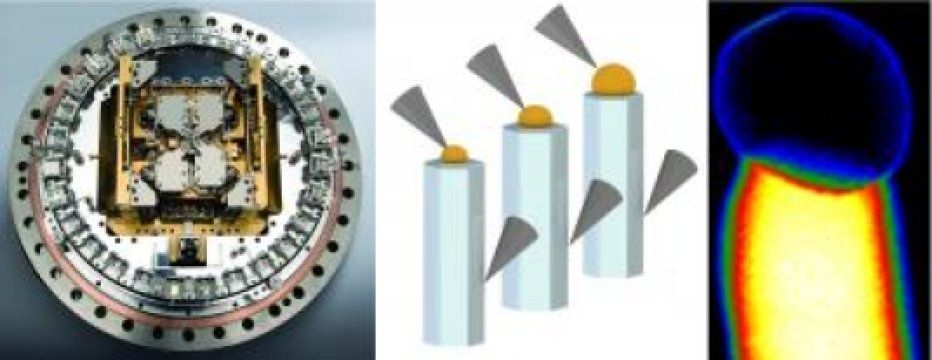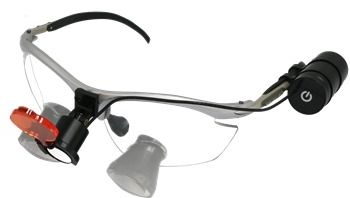Page 10973
Jan 19, 2017
Smart Dust – The Future of Involuntary Treatment of the Public
Posted by Karen Hurst in categories: computing, military, particle physics
Smart dust; himm I see many uses for this some good and some truly bad when in the wrong hands.
Pedro Aquila, Staff Writer Waking Times
Smart dust is a name given to extremely small computing particles, RFID chips, or other very small technologies.
Continue reading “Smart Dust – The Future of Involuntary Treatment of the Public” »
Jan 19, 2017
DARPA project could help with mobile security in the enterprise
Posted by Karen Hurst in categories: cybercrime/malcode, military
If you are a top notch cyber security expert; DARPA wants you.
A DARPA project set to launch this month will work on military-grade security for mobile networks. Efforts could eventually help enterprise security.
Jan 19, 2017
Elite Scientists Have Told the Pentagon That AI Won’t Threaten Humanity
Posted by Karen Hurst in categories: Elon Musk, military, robotics/AI, singularity
JASON advisory group says Elon Musk’s singularity warnings are unfounded, but a focus on AI for the Dept. of Defense is integral.
Jan 19, 2017
Air Force goes after cyber deception technology
Posted by Karen Hurst in category: cybercrime/malcode
A little cyber-trickery is a good thing when it comes to battling network adversaries.
The Air Force Research Lab (AFRL) tapped into that notion today as it awarded a $750,000 grant to security systems developer Galios to develop a cyber deception system that will “dramatically reduce the capabilities of an attacker that has gained a foothold on a network.”
Specifically, Galios will develop its Prattle system for the Air Force. Galios describes Prattle as a system that generates traffic that misleads an attacker that has penetrated a network: making them doubt what they have learned, or to cause them to make mistakes that increase their likelihood of being detected sooner.
Continue reading “Air Force goes after cyber deception technology” »
Jan 19, 2017
EyeLock to exhibit iris authentication technology at Intersec Dubai 2017
Posted by Karen Hurst in categories: information science, security
For all my friends in Dubai or travelling to Dubai; wish I could go.
EyeLock LLC will be exhibiting its suite of iris authentication technology at Intersec Dubai 2017, on January 22–24 at the Dubai International Convention and Exhibition Centre in Dubai.
Featuring EyeLock’s proprietary software, security, algorithms and optics, the iris authentication technology delivers secure, reliable and user-friendly capabilities, according to the company.
EyeLock’s technology analyzes more than 240 unique iris characteristics to deliver dual-eye authentication, an unmatched security architecture and anti-spoofing technology.
Continue reading “EyeLock to exhibit iris authentication technology at Intersec Dubai 2017” »
Jan 19, 2017
On-demand pain relief, triggered by light
Posted by Karen Hurst in categories: biotech/medical, materials, quantum physics
It will be amazing how this advances with Quantum.
Once injected into the body, a new material can repeatedly release small bursts of local anesthetic when zapped by low-intensity, near-infrared light for one minute (Nano Lett. 2016, DOI: 10.1021/acs.nanolett.6b03588). The material’s developers, who have tested it in rats, say the on-demand system could make pain management safer and more effective, and give patients more control.
Jan 19, 2017
Meeting the challenges of nanotechnology: Nanoscale catalytic effects for nanotechnology
Posted by Karen Hurst in category: nanotechnology
Scientists show nanoscale modifications to the edge region of nanocontacts to nanowires can be used to engineer the electrical function of the interfaces.
Jan 19, 2017
DentLight Releases New Wireless Loupe Light
Posted by Karen Hurst in category: futurism
Jan 19, 2017
First quantum satellite surpasses expectations
Posted by Karen Hurst in categories: cybercrime/malcode, quantum physics, space travel
More on the completion of phase 1 testing of by the Chinese on their Quantum Satellite as they have kicked their second phase that includes hacking.
Five space exploration projects to begin during 13th Five-Year Plan
Micius, the world’s first quantum satellite, has successfully completed four months of in-orbit tests since China launched it on Aug 16, the Chinese Academy of Sciences has announced.
Continue reading “First quantum satellite surpasses expectations” »
